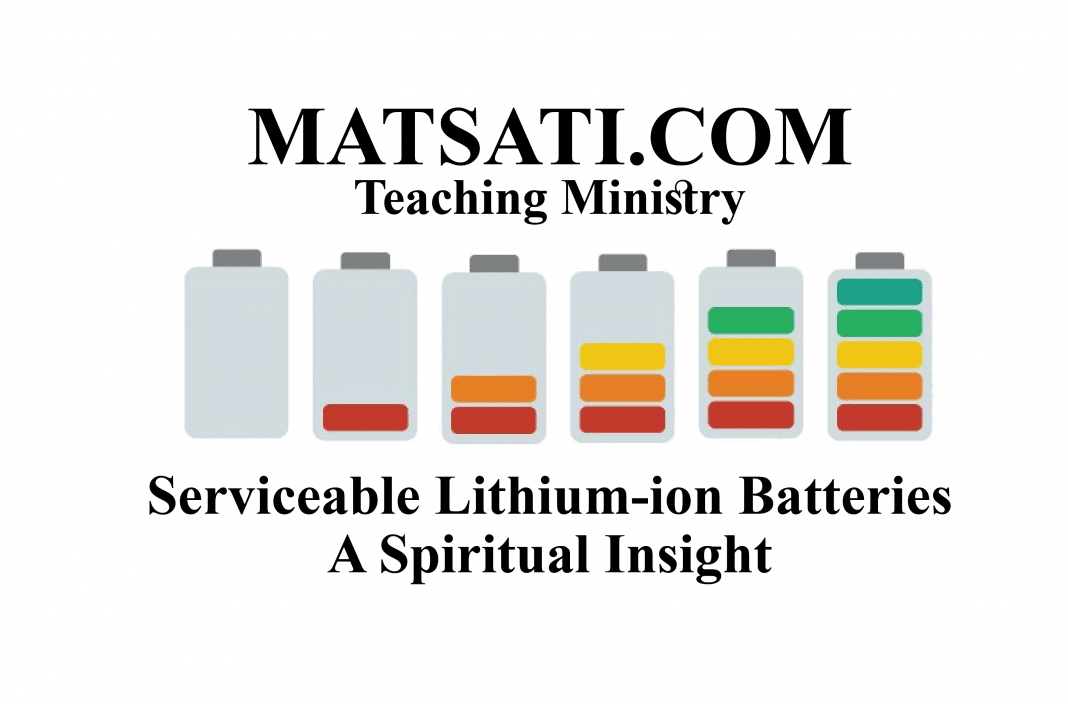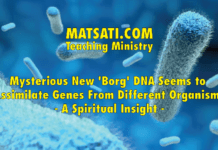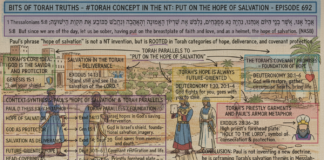Watch Video here
Recently I read an article concerning lithium-ion batteries and the issue of environmental protection. If one of the battery cells or components break down, the whole battery pack stops working and is discarded. This problem is the result of the throw-away nature of the battery, the design is not for serviceability and so all of the parts are built by welding or gluing parts tightly together making repair or replacement next to impossible. The design of batteries is such that when one opens it up, one literally destroys the battery in the process and it is impossible to put back together (kind of like Humpty Dumpty on the wall). This also makes recycling the battery very inefficient that leads to disposal of the battery which may have many years of service life left. One of the main concerns is as electric vehicles become more commonplace, the issue of battery disposal may become a serious environmental problem. Researchers are addressing these issues, specifically related to battery design, in relation to disassembly. The solution for a new lithium-ion battery design was to keep all of the cells together by means of compression making it possible to disassemble the battery and service the individual parts. The new battery design allows for the ease of removing the damaged cell allowing for lithium ion extraction and reuse rather than just throwing the entire cell away into a landfill.
The spiritual insight this provides for us is in the sense that there is always hope. With these concepts in mind, we were created to be serviceable when El-Elyon (אל עליון, God Almighty) gets involved. The Hebrew Scriptures characterize a person of faith as having a belief in the one transcendent God who revealed Himself to Abraham, Isaac, and Jacob, delivered His people from slavery and bondage by the hand of Moshe, spoke through the prophets throughout history, and calls His people to faithfulness by the way of a life that is lived by faith consisting of community, His Torah, and cultural traditions. The Scriptures describe men, women, and children as being created in the image of God. The various rabbinic interpretations throughout history have explained that this notion relates to how man has the capacity for morality, gratitude, and ethics (unlike the animals), and we have an insight into the world (a depth of perception, thought, and reason) that is unique from all the other creatures on this earth. We were created with the capacity for the freedom of will (we can choose our own actions, our destiny), we can create relationships, and we can ponder deep spiritual things. The rabbis of the Talmud teach us about these things by describing the Yetzer HaTov (inclination to do good) and the Yetzer HaRa (inclination to do evil). These unique qualities help us to become aware, having both thought and reason, in order to choose the correct course of action and to understand what it means to be tempted to do wrong (i.e. to take the wrong course of action). In this world, we struggle to make the correct behavioral decisions, all of which hinge upon the idea that we were created in the image of God. The Chazal share a variety of ideas about God, the life of a believer, what it means to walk in His ways, how this is put into practice, and how these things are related to having a relationship with God on an individual basis (i.e. source material from the Talmud). This is why the Scriptures describe a man’s relationship with God as paralleling a king/subject, a parent/child, a shepherd/sheep, and a lover/beloved, etc. These things describe how each individual’s relationship with God is unique and deeply personal. We are not like the battery that is all welded or glued together having no choice at the end of life (i.e. utter destruction). God has made us in such a way to be repaired by His entering into our lives, to empower our lives for success, and to overcome this world! We can ask Him to do so at any point in our lives, at the beginning, or near the end.
Moreover, the ancient Israelites’ entire mode of existence was affected by these essential concepts throughout history as they stood in a unique relationship with God. The people of Israel believed their response to the divine presence in history was central not only for themselves but for all humankind. Furthermore, God who has revealed Himself in anthropomorphic terms (i.e. as a person) had done so for the purpose of defining the pattern of structure for community and individual life for those who are faithful. The Lord God Almighty continues today in His interaction in the lives of men throughout history on their behalf, entering into a covenant relationship and requiring faithfulness in the sense of having obedience to his way of life, His Torah. It is through this obedience that the God’s presence is manifest by the power of God working in and through His people by His Spirit. It is by the divine presence in the lives of His people that reveals and calls to the rest of humanity to recognize God’s presence, power, and purpose for our lives. The establishment of His presence in the midst of His people brings peace into the hearts of men and for those who would believe in His Messiah from the nations, peace may come by the power of God into all the world. The Scriptures disclose God’s purpose to all nations to call upon His name, and to look towards His Messiah Yeshua. When we believe in the One whom God has sent to save us from our sins, the Lord promises to send His Spirit to dwell in our hearts. This is the process of serviceability in all of our lives. The reason God enters into our lives is to draw us near, to trust in Him and His word, and to rest in His promises!









